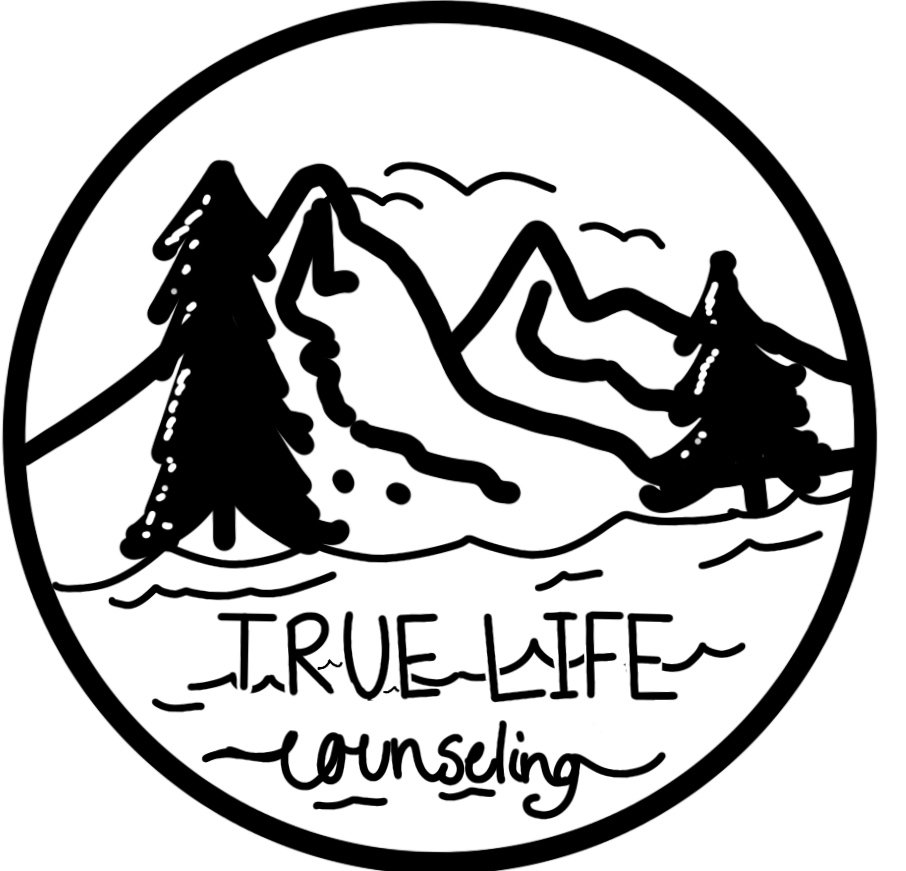Bullying is a serious problem in schools. Let’s look at what’s happening and how to stop it.
The problem:
90% of students in grades 4-8 have been bullied or harassed in school.
Over 160,000 kids refuse to go to school each day for fear of being bullied.
Each month 282,000 students are physically assaulted in some way in secondary schools throughout the US — and the number is increasing.
Nearly 75% of school shootings have been linked to harassment and bullying.
( https://reolink.com/how-to-stop-bullying-in-schools/)
Parents there are things we can do to stop bullying.
1.First, take notice of your own child’s behavior. Notice any signs that your child is being bullied. For instance, your child may not tell you he/she is being bullied, but may show other signs such as not wanting to go to school, ripped clothes, scratches on body, crying, increased agitation, increased anxiety or sadness.
If you discover that your child is being bullied, don’t ignore it, do something about it. Talk with your child, get the details, empathize with your child. Let your child feel heard and understood. Discuss with your child how he/she can empower him/herself in this situation. Let your child know that you are on his/her side while not encouraging more violence.
2. Second, do something about it. Contact teachers, administration and adults that are around or have influence where the bullying is taking place. Advocate for your child. If you don’t advocate for your child, who will? Provide factual information of the bullying and let them know that you expect it to stop immediately. Ask what the plan will be to keep your child safe.
3. Last, give support to your child at home. Teach your child morals and values. Give them love and support at home so that they do not seek out alternative ways to get attention that could be harmful to them or others. Spend time with your child. Give them reasons to want to be at home with you. Include them in activities with you. Teach them to love other people and to be kind. Give them responses that enable them to stand up for themselves when needed in a non violent way. Role model to your children how to have healthy relationships and to resolve conflicts successfully.
Statistically bullying is an epidemic in schools these days, although it doesn’t have to be. Ignoring the bullying statistics do not make them go away. Standing up, doing something about it, just might.
Interested in child, teen or family therapy? Contact me at ( 720 ) 795-4914.
Natalie Teeters, MS, psychotherapist









